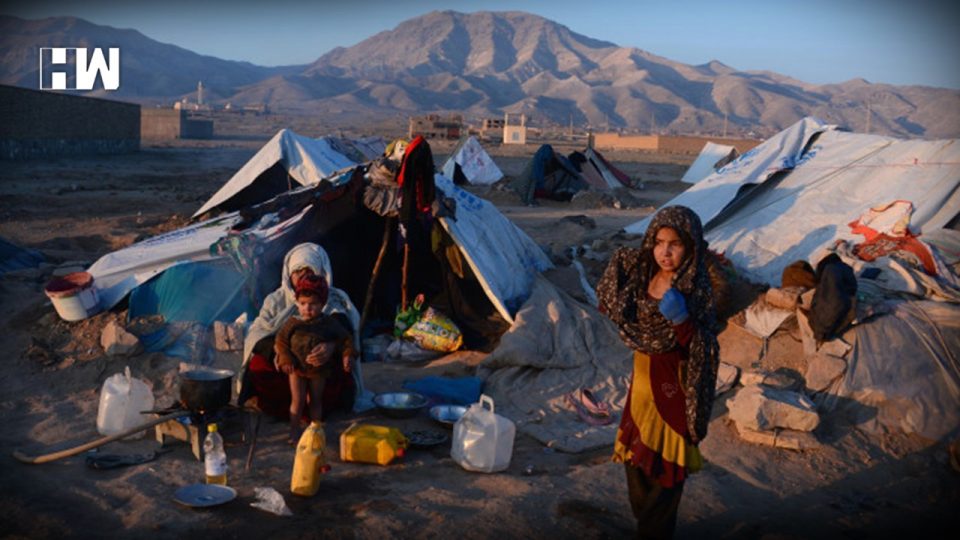Afghans are suffering from price hikes because Pakistan recently increased the imports of vegetables from Afghanistan while decreasing its tariffs on imported vegetables to zero per cent
Kabul: Since the Taliban took control of Afghanistan, the residents continue to bear the brunt of the ongoing economic crisis as the prices of vegetables have tripled over the last few weeks making it tough for common Afghans to afford food stuff on daily basis.
“The government should control the prices and set a price cap for them,” said a resident of Kabul, Mujtaba, reported Khaama Press. Highlighting the rising costs of vegetables and daily essentials in Kabul, the residents asked the Islamic Emirate to put a cap on the price.
“The prices of vegetables have soared. It is hard for us to purchase it because there is no job,” said another resident, Shah Hussain.
According to the vendors in Kabul, the primary reason behind the increase in vegetable prices in local markets are floods and the subsequent damage to farmlands because of the natural disaster, TOLOnews reported.
“It is because of the drought. Some parts of the country have faced floods, so farming is low this year and the prices are high,” said Ahmad Shah, a vendor.
The increase in prices comes as Pakistan recently increased the imports of vegetables from Afghanistan while decreasing its tariffs on imported vegetables to zero per cent, according to TOLOnews.
Since the Taliban took control of Afghanistan, Child malnutrition is also increasing. In June 2021, 30,000 children were treated for severe acute malnutrition in Afghanistan; in June 2022, 57,000 children were admitted which is a 90 per cent increase.
Also Read: India Gains Visibility On Chip-Making With Vedanta-Foxconn Deal
Children are obliged to work to support their families instead of going to school which is the safest place they could be.
In the last 12 months, schools-based health and nutrition services have reached 272,386 adolescent girls with iron and folic acid supplements.
Over half of the country’s population now live below the poverty line. Nearly 23 million people are food insecure, many of them severely so, and more than two million children are suffering from malnutrition.
(Except for the headline, this story has not been edited by HW News staff and is published from a syndicated feed.)
As an independent media platform, we do not take advertisements from governments and corporate houses. It is you, our readers, who have supported us on our journey to do honest and unbiased journalism. Please contribute, so that we can continue to do the same in future.

